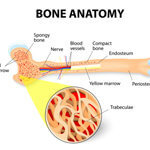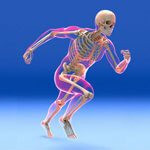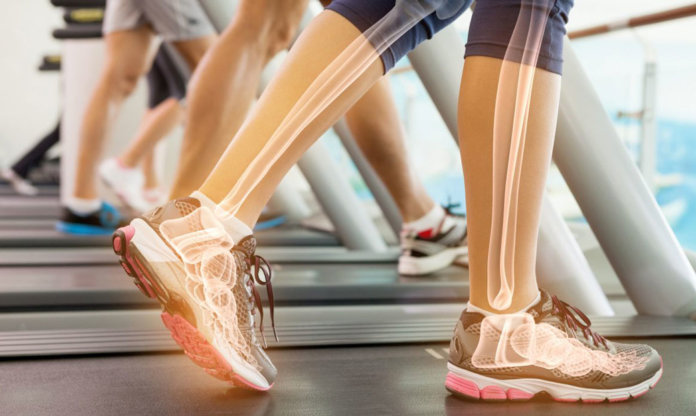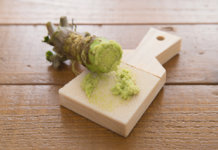Your bones are more than just a framework for your muscles and skin, and their functions include everything from producing blood cells and hormones, to helping maintain a healthy serum pH balance.
This means that bone health has more to do with your overall health than you may realize. (1)
Your Bones are Living Organs

However, after around age 30 our bones achieve peak mass and begin to lose density, and poor bone health can lead to osteoporosis, which is a disease that causes a dangerous reduction in bone mineral density. (1)
It is for these reasons that you need to be aware of the kind of care which will not only help you maintain strong bones but will help your overall health and longevity.
Bone Strengthening Activities

For instance, weight bearing exercise not only slows bone loss, it may help build new bone. This is because of the stress certain exercises place on bones so that bone-forming cells and extra calcium deposits are stimulated.
However, bone strengthening activities need to be exercises which utilize the force of your body’s weight. This means skipping exercises like swimming or cycling which suspend your weight from activity. Yes, swimming and cycling are great means of exercise with plenty of benefits, just that they don’t provide the stress of your weight which your bones need to stay strong.
Instead, try:
- Weight training
- Running
- Hiking
- Sports which require jumping, such as volleyball, basketball or tennis
Remember that the greater the impact and intensity of the exercise, the more benefit it has for your bone’s strength. For instance, while walking does have benefits, running or playing basketball have even greater benefits due to the increased level of stress which constantly absorbing impact places on bones.
Again, this doesn’t mean that you shouldn’t swim or ride your bike, just that you shouldn’t rely exclusively on these types of activities to increase bone strength.
Remember too that exercise also builds strong muscles and helps improve your coordination, reflexes and balance. Altogether, this means less chance of falls or other accidents which can break bones. (3)
Nutrition for Bone Health

However, while vitamin D and calcium are the most commonly known vitamins and minerals for bone health, other’s also work in unison with them.
For instance, magnesium is needed for calcium and vitamin D regulation, and phosphorus, potassium and vitamin A are also necessary in preventing bone loss. Zinc is another key mineral which stabilizes receptor proteins for protein and vitamin D synthesis, and vitamin C is essential in collagen formation and absorption of iron from vegetarian sources.
So far as how to increase your consumption of bone-healthy nutrition, a diet rich in dark, leafy greens, grass-fed meats, seafood, whole grains and fresh, multi-colored fruits and vegetables is recommended.
However, there are also supplements including bone-specific formulas which can ensure you get enough of what you need each day. If you do include supplements in your daily regimen, try for natural food-based options which typically have better synchronicity and absorption rates than do synthetic versions. (4)
Keeping Your Bones Strong
Your bone health is important not only in keeping you mobile and injury-free, but also in maintaining other aspects of your health such as building blood, hormone production and mineral distribution.
By getting enough weight bearing exercise along with a diet rich in calcium, vitamin D, phosphorus and other vitamins and minerals important in mineralizing and maintaining bone mass, you can enjoy better bone strength and function even into your latter years.
References:
- https://www.medicalnewstoday.com/articles/320444.php
- https://www.sciencedirect.com/science/article/pii/B9780124158535000017
- https://www.health.harvard.edu/staying-healthy/slowing-bone-loss-with-weight-bearing-exercise
- https://americanbonehealth.org/nutrition/nutrientsforbonehealth/




